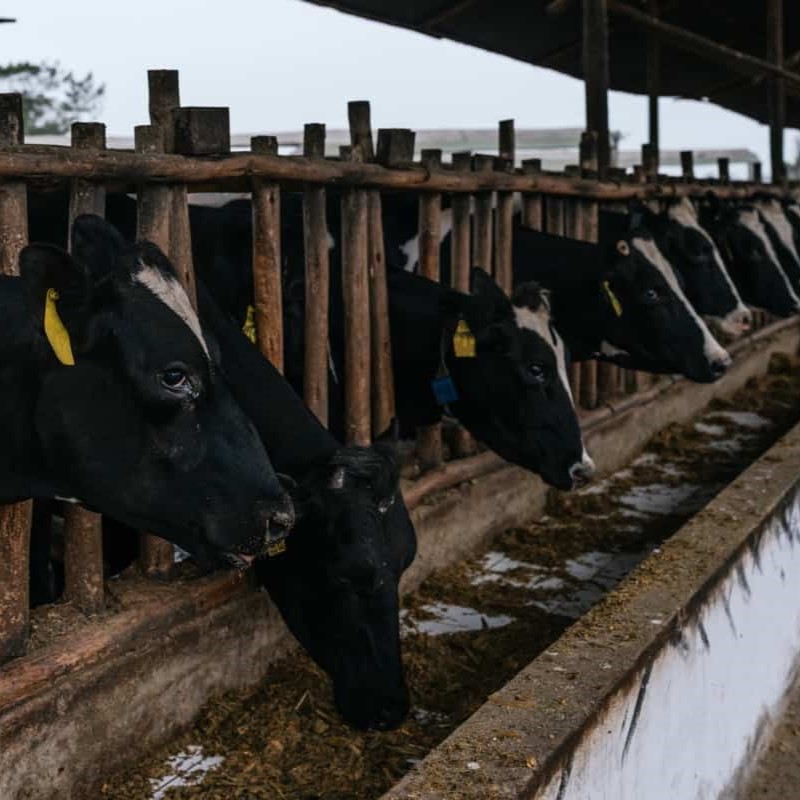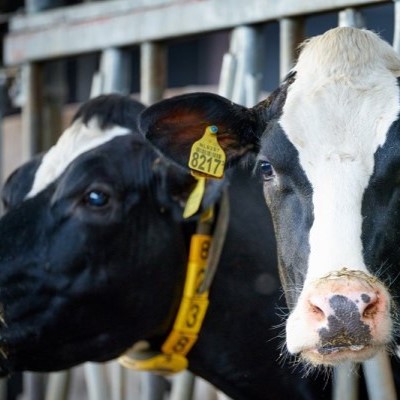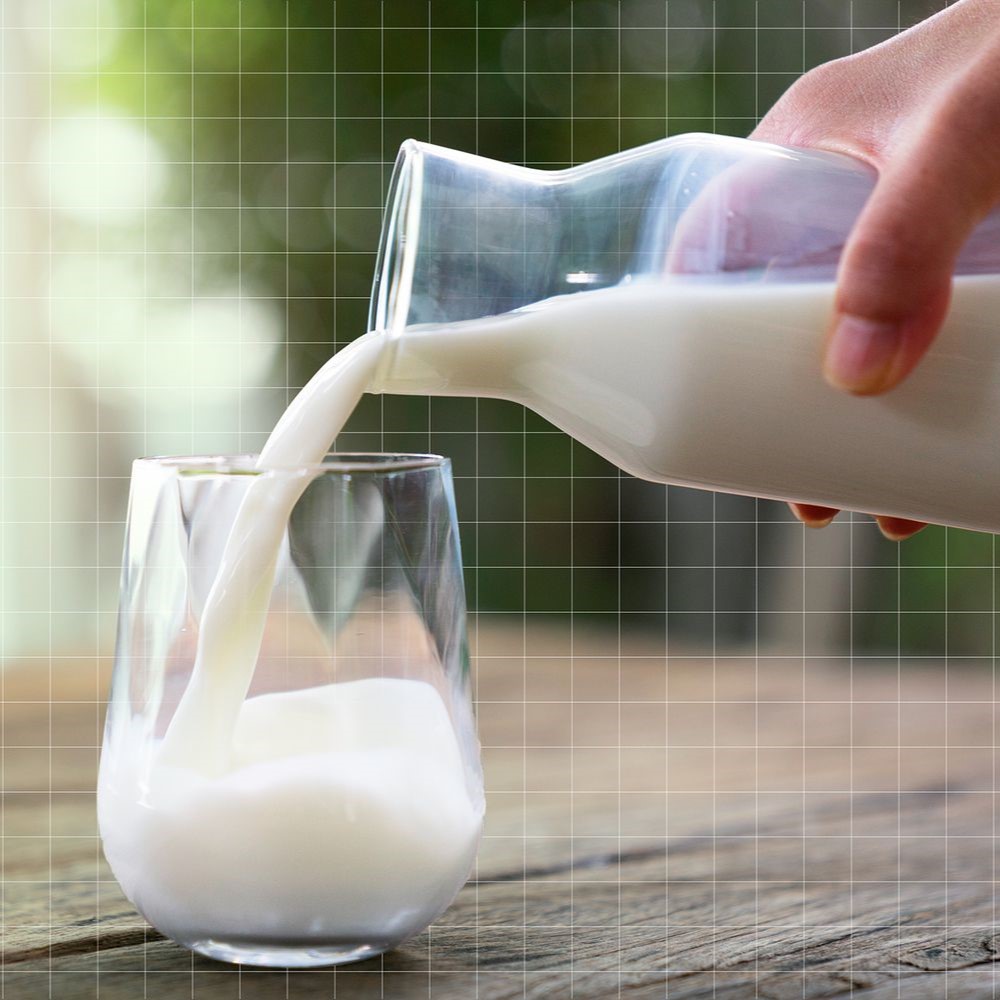Description
Organic dairy farming is committed to sustainable agriculture, animal welfare, and environmental stewardship. At its core, it involves producing milk and dairy products using organic farming methods, which prioritize natural processes and avoid synthetic chemicals or genetically modified organisms (GMOs).
The health and well-being of the animals are paramount on an organic dairy farm. Cows are raised in conditions that allow for natural behaviors, such as grazing on organic pasture whenever possible. They are fed organic, non-GMO feed, and antibiotics and synthetic hormones are prohibited, except in cases of illness where no alternative treatment is available. This ensures that the milk produced is free from residues of these substances, promoting healthier options for consumers.
Organic dairy farming also emphasizes environmental sustainability. Farms focus on soil health, crop rotation, and integrated pest management to maintain fertile land without synthetic fertilizers or pesticides. This approach not only protects biodiversity but also reduces the farm’s carbon footprint, contributing positively to climate change mitigation efforts.
Certification is a crucial aspect of organic dairy farming. Farms must adhere to strict regulations set by organic certification bodies, which verify compliance through inspections and documentation. This certification assures consumers that their dairy products meet rigorous organic standards.
From a business perspective, organic dairy farming can present challenges, such as higher production costs and potential fluctuations in market demand. However, many farmers find that these challenges outweigh the benefits of sustainable practices, premium pricing for organic products, and the satisfaction of contributing to a healthier food system.
For those considering entering organic dairy farming, it’s essential to thoroughly research and understand organic farming practices, certification requirements, and market dynamics. Connecting with experienced organic farmers and agricultural extension services can provide valuable insights and support. By embracing organic principles, farmers contribute to sustainable agriculture and cater to a growing consumer demand for organic dairy products worldwide.







Maureen –
This guide is a must-have for anyone starting out in organic dairy farming. It’s packed with practical advice and insights that have been invaluable as I set up my own farm.
Abdulmalik –
As someone new to farming, I was overwhelmed with information until I found this guide. It breaks down the process step-by-step, making it easy to understand and apply.
Sade –
I love how this guide blends theory with practical tips. It’s not just about the principles of organic farming but also about real-world solutions to common challenges.
Salome –
I found this guide incredibly clear and comprehensive. It covers everything from choosing the right cattle breeds to organic certification requirements.
Mary –
Reading this guide has been inspiring. It’s not just about farming techniques but also about the philosophy behind organic dairy farming. It’s motivated me to pursue this path with confidence.